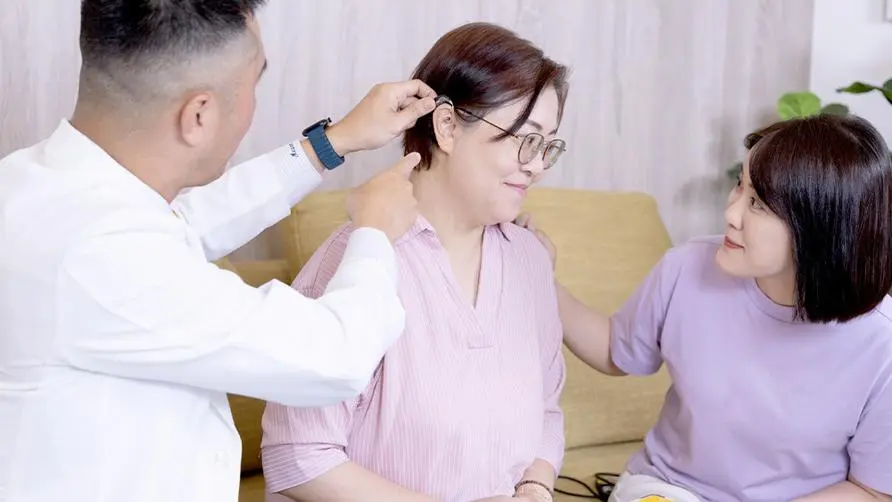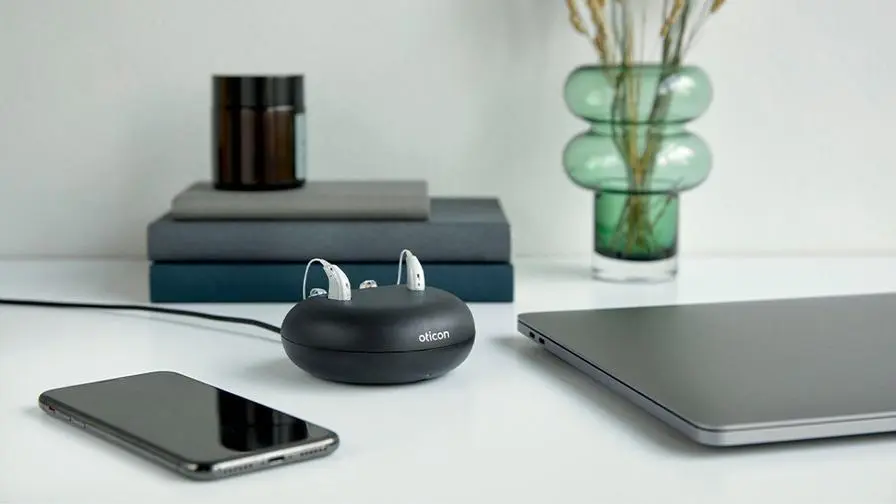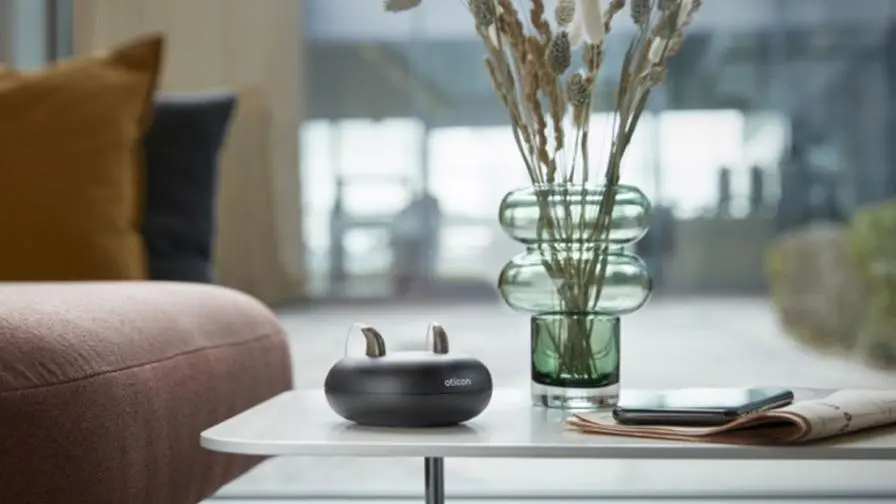Colin Hearing Aid launches home-to-home service to fill the gap in comprehensive hearing care

After Ms. Lin discovered that her father’s hearing was getting worse and worse, and the TV at home became louder and louder, she often argued with her mother about this. But because Lin’s father was concerned about his face, he became stubborn and did not like to go out. He refused to go for a check-up and even refused to wear a hearing aid. After her daughter’s “three visits” to Colin’s store and repeated requests, the store staff worked tirelessly to bring equipment to Ms. Lin’s home, and finally persuaded Father Lin to reluctantly try to wear a hearing aid. Because of this experience, Lin’s father felt how helpful the hearing aid was to him and continued to wear it. It also made his family relieved and no longer argued about watching TV or poor communication.
According to the statistics of the World Health Organization (WHO), the incidence rate of hearing loss is 10%. The potential population of Taiwan with hearing loss is about 2.3 million. Based on the normal distribution, it is estimated that there are 1 million people with a hearing loss of 40 decibels or more. However, the annual import volume of hearing aids can only meet the needs of about 45,000 hearing-impaired people. This equates to only 4.5% of the hearing-impaired population actually taking action to use hearing aids every year.
Cai Yanxin, a senior audiologist with more than 20 years of experience in hearing aid selection, said that in addition to economic considerations, misunderstandings about hearing aids, or psychological factors such as focusing on appearance, the current reasons for hearing loss and refusal to wear hearing aids are still a group of non-hearing aid retail stores. The hearing-impaired people involved, such as elders who have difficulty moving around when going out, or elders whose children cannot easily take time off from work to accompany them, as well as business people who value privacy or are busy with business, etc. often delay hearing loss correction for various reasons. Leads to increased risk of cognitive impairment.
Starting from the introduction of the world’s most advanced eye and ear medical equipment with the highest market share, Colin Hearing Aids has continued to establish hearing aid matching centers in various counties and cities in response to the trend of an aging population. Currently, it has nearly 100 directly operated stores. Its professionalism in matching has also been designated as a long-term in-hospital hearing aid partner by teaching hospitals such as Chang Gung Memorial Hospital, National Taiwan University, and Taipei Veterans General Hospital. Including the veterans hearing aid distribution by the Veterans Affairs Council, they all fall within the scope of Colin’s hearing aid services. In order to continue to expand service areas and objects and achieve comprehensive hearing care, Colin Hearing Aids will launch a “full range of home service solutions” from now on to provide professional assistive device selection and consultation services.
Audiologist Cai Rongxin explained that the design of the “all-round door-to-door service solution” has four major advantages:
Professionally trained hearing care experts: In addition to having the hearing professional capabilities of store audiologists and fitters, every person who comes to the office has been carefully screened and given exclusive training on home equipment and situations.
The door-to-door service process is transparent: personalized services can be easily arranged through simple reservation steps, and the fees and service items are transparent and open.
Real-life try-on experience that meets daily needs: It can effectively adjust the optimal state of the hearing aid through the actual life situation of the hearing-impaired person and the main communication target group (family), allowing users to adapt to the hearing aid more quickly Expect.
Provide real-ear testing to verify the best benefits: In addition to the wearer’s oral description, it can objectively evaluate the user’s real benefits after wearing the hearing aid, and more accurately customize the hearing aid based on the reference value.
Extended reading:





